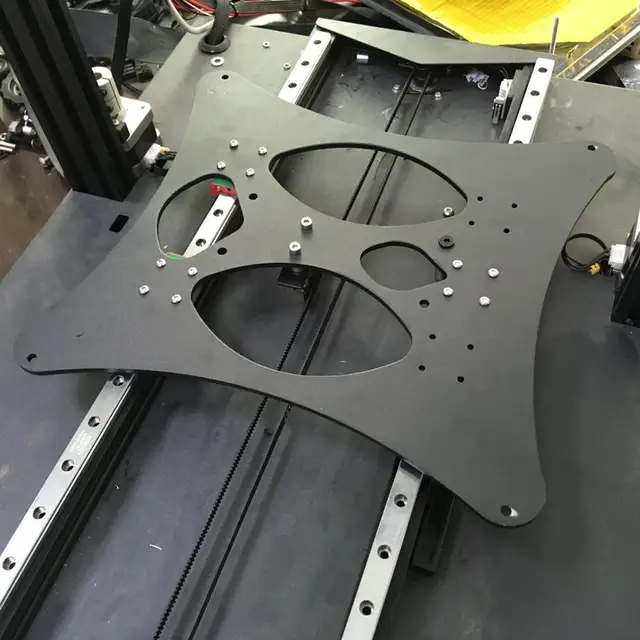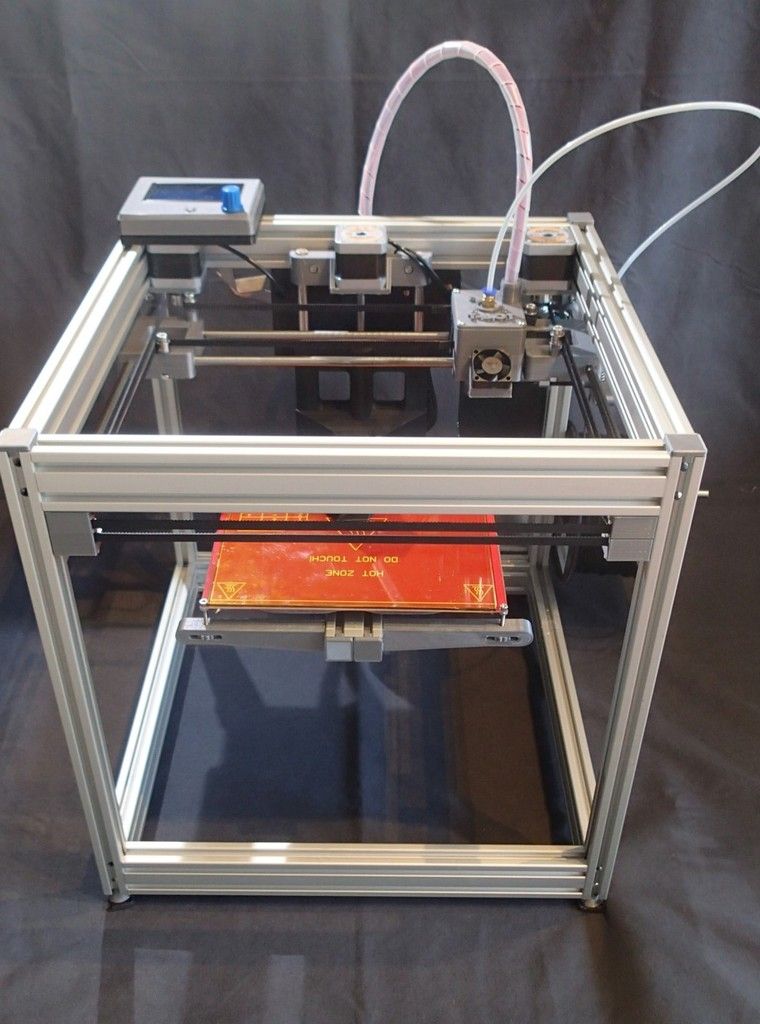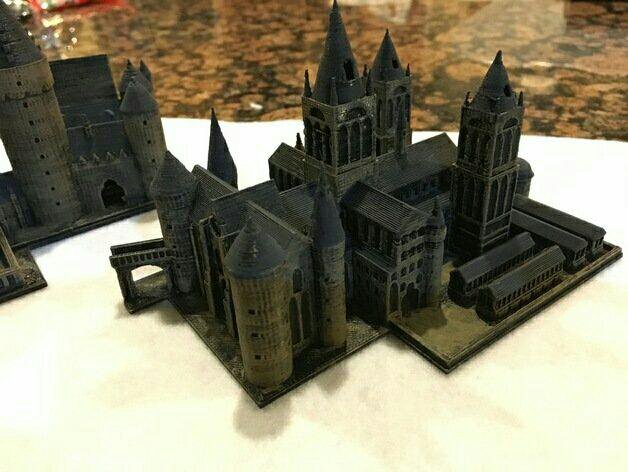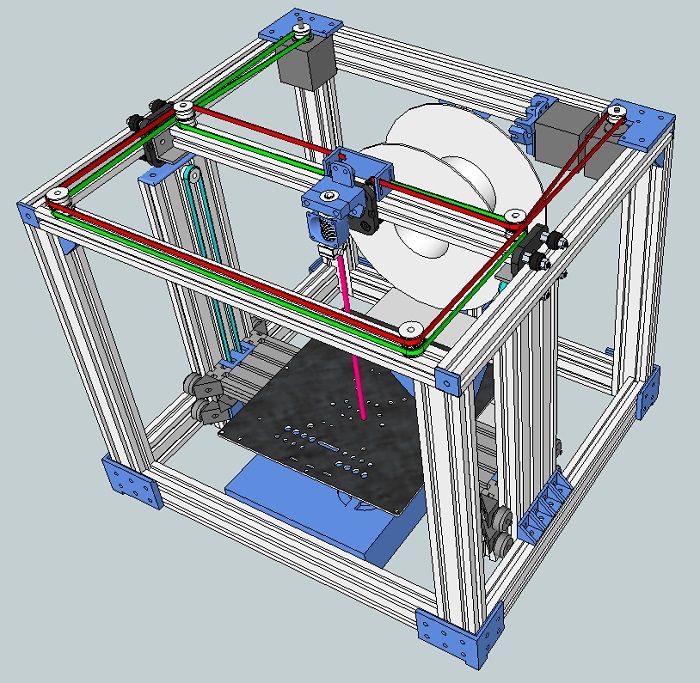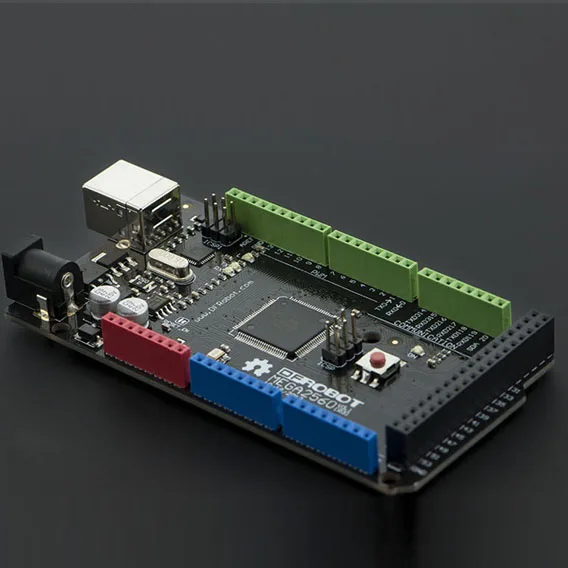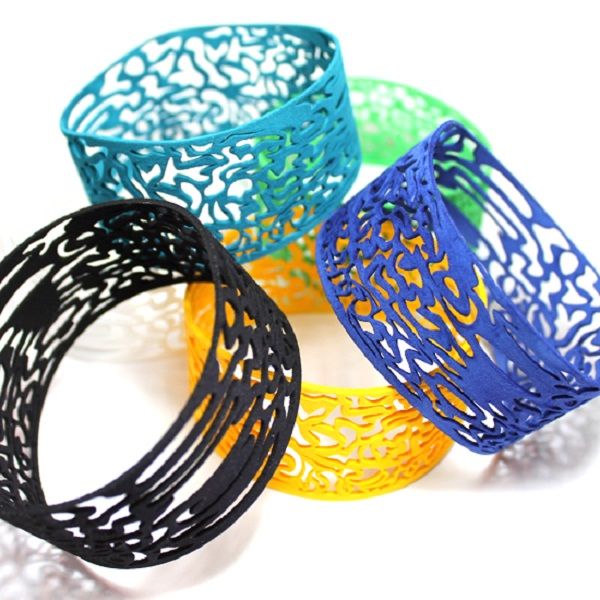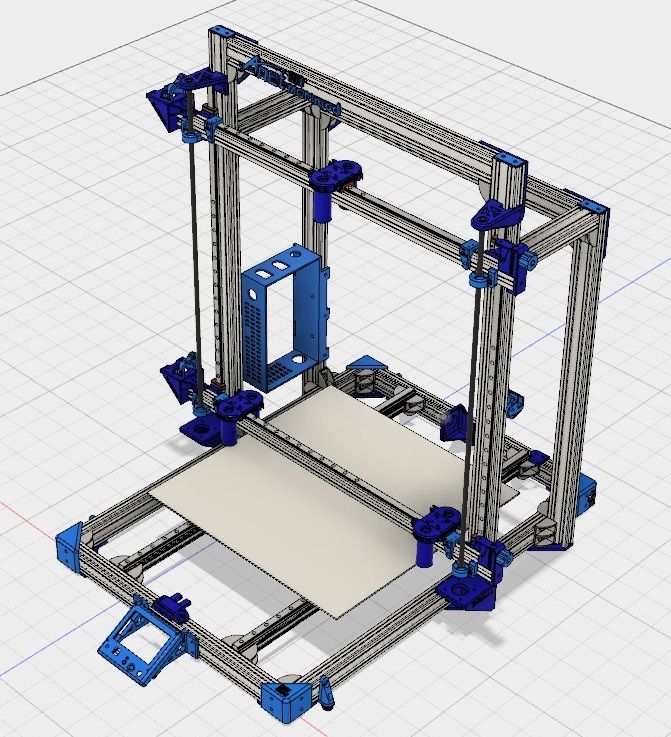3D printing convention
3D Printing & Additive Manufacturing Event
North America’s largest and most influential Additive Manufacturing event.
May 2 - 4, 2023
McCormick Place — West Building
Chicago, IL
people
Why Attend
What makes the largest and most influential additive manufacturing event in North America a can’t miss experience in 2022.
event
Event Features
Find out what makes RAPID + TCT next level in 2022.
devices
Digital Experience
RAPID + TCT 2022 – Now Streaming
RAPID + TCT 2023
Don’t miss RAPID + TCT 2023 – Big things are happening in this advanced manufacturing technology, and you will see them all at North America’s largest and most influential Additive Manufacturing event. Registration opens soon!
Explore the 2022 Conference and Event Preview!
Last year’s show featured 400+ exhibiting companies, keynote presentations, thought leadership panel discussions, new product previews, networking and so much more!
Stay tuned for details on why RAPID + TCT 2023 will be the must-attend AM event in Noth America!
The Rapid + TCT Experience
Event and Industry News
-
June 22, 2022
You can rest assured that you held a great event when both the exhibitors and attendees offered thanks and words of praise. That is exactly what I heard throughout RAPID + TCT 2022, and in the week that followed.
-
June 2, 2022
SME and the Rapid News Group welcomed thousands of members of the Additive Manufacturing (AM) community back for another successful installment of the industry’s largest and most influential event, RAPID + TCT 2022, May 17-19 at Huntington Place in Detroit.

-
May 20, 2022
RAPID + TCT 2022 has officially kicked off—this time returning to its roots at Huntington Place in Detroit!
Membership Has Its Advantages
With an All-Access pass to RAPID + TCT, you'll receive a free 1-year SME membership! SME members can connect with peers, gain knowledge related to manufacturing technology and trends, solve problems and participate in leadership opportunities.
Get Your All-Access Pass
View More News
RAPID + TCT Hotel and Travel
RAPID + TCT 2023 will be located in the heart of Chicago at McCormick Place — West Building. RAPID + TCT has arranged lodging and flight discounts for your visit to Chicago.
Address:
2317 S Indiana Ave
Chicago, IL 60616
Parking & Directions
For your convenience, McCormick Place directions and parking information can be found here.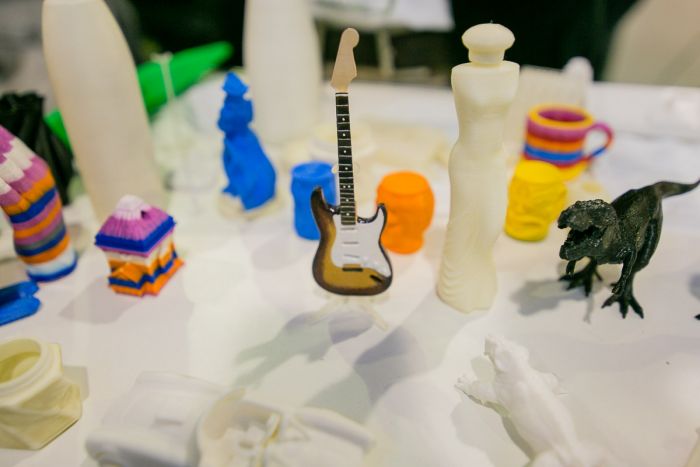
Local Airports
Two airports conveniently serve Chicago: O’Hare International Airport and Midway International Airport.
Lodging in Chicago
In partnership with onPeak, we have secured discounted rates at a selection of Chicago hotels. We know plans change, so to help ease your travel planning, onPeak, the only official hotel provider for RAPID + TCT 2023, offers convenient hotel options with flexible change and cancellation policies. We encourage you to book through them early for the best selection and price.
Reserve Hotel Rooms Now
Warning! Beware of Unauthorized Housing Companies. onPeak is the only official housing provider associated with RAPID + TCT. While other hotel resellers, such as Diamond Housing Associates, Inc., Convention Housing Planners, Exhibition Housing Manager, Global Housing Corp., Reservation Events, Room Connections, Inc. and Conventions Housing Bureau, may contact you offering housing for your trip, they are not endorsed by or affiliated with RAPID + TCT in any way and entering into financial agreements with such companies can have costly consequences.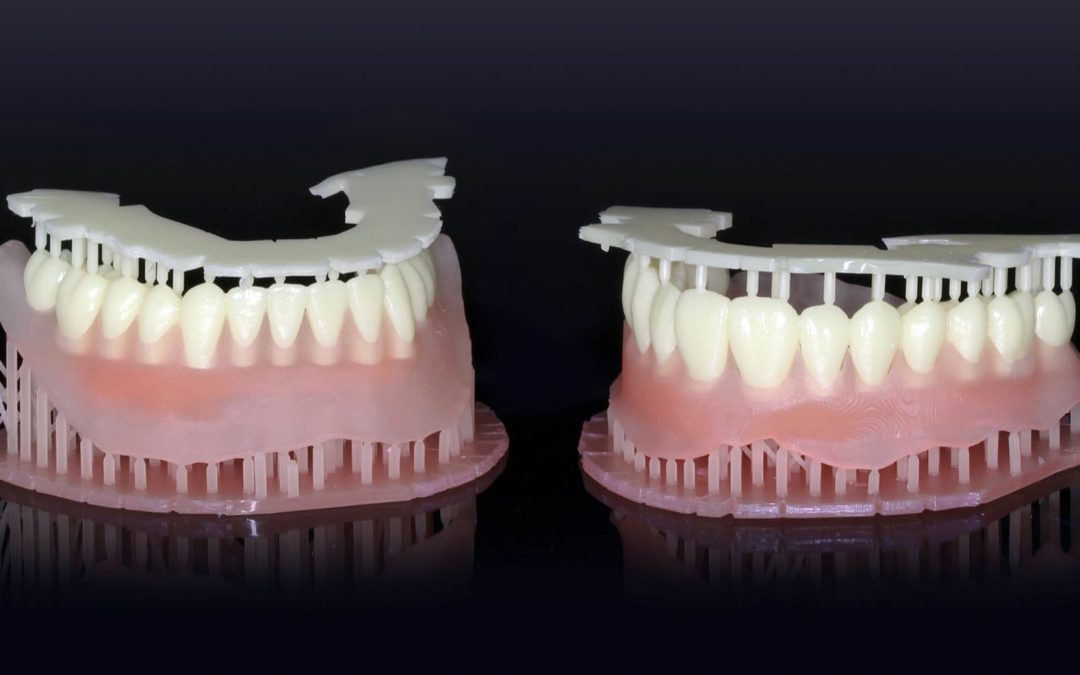 Reservations made through these companies will be at your own risk. If you are contacted by a company (a “pirate” housing company) other than onPeak about booking rooms, please contact us at [email protected].
Reservations made through these companies will be at your own risk. If you are contacted by a company (a “pirate” housing company) other than onPeak about booking rooms, please contact us at [email protected].
Flight Discounts
RAPID + TCT is pleased to partner with Delta Airlines to offer potential discounts on round-trip airfare to Chicago.
Book Your Flight (use Meeting Code: NY22H)
You may also call Delta Meeting Network® at 1.800.328.1111* Monday–Friday, 7:00 a.m. – 7:30 p.m. (CT) and refer to Meeting Event Code NY22H.
*Please note there is not a service fee for reservations booked and ticketed via our reservation 800 number.
Fare Details
- Discounts applicable to U.S./Canada originating Delta Meeting Network passengers.
- Agreement not valid with other discounts, certificates, coupons, or promotional offers. Not all fares are eligible for use with this Agreement.
 Fare rules will determine eligibility.
Fare rules will determine eligibility. - Zone Fares are applicable for travel from U.S./CA only to worldwide destinations. Please use Agreement Meeting Code to price the itinerary or call the DMN Desk at 1-800-328-2216 for pricing assistance. Please reference your GDS for Zone Fare Terms and Conditions
- Fares are valid via DL, DL Connection and DL applicable codeshare flights.
- Administrative fees for published fares and zones fares are subject to change
The Masters Movement, IP Litigation and Law Reform
October 2019
Author: ), Brisbane, Australia
3D printing is an industry based on the principle of additive manufacturing (as opposed to the subtractive manufacturing principle that underlies the traditional manufacturing industry). 3D printing is also associated with the Craftsmen Movement, a social movement whose main idea is to develop designs for various products and share them.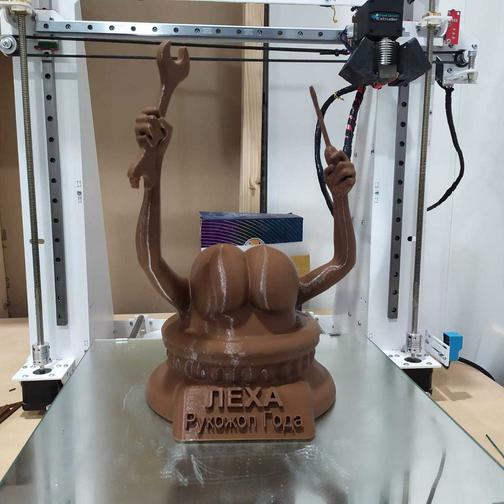
3D printing is currently in transition. The consumer "3D printing revolution", which aimed to have a 3D printer in every home, has failed. MakerBot, a pioneer in 3D printing, is having trouble with its changing approach to intellectual property (IP) issues, disrupting its ties to the open source software community, and the user audience turned away from it. As former MakerBot CEO Bre Pettis said in an interview, "The open source community has kicked us out of their paradise." As a result, MakerBot was acquired by Stratasys, a leader in the 3D printing industry, which restructured and repurposed it.
Some other key players also went bankrupt. In particular, TechShop, a membership-funded and open-to-all network of studio-workshops for home craftsmen, went bankrupt. Maker Media, which publishes Make magazine and hosts craft festivals in the United States, has gone under external control. Make magazine founder Dale Doherty is trying to revitalize his project with a new structure he created called Make Community LLC.
Maker Media, which publishes Make magazine and hosts craft festivals in the United States, has gone under external control. Make magazine founder Dale Doherty is trying to revitalize his project with a new structure he created called Make Community LLC.
Industrial 3D printing continues to grow
Although personal 3D printing has not developed as expected, there has been growth in a number of other forms and categories of 3D printing. Along with robotics and big data, 3D printing has become one of the promising technologies in the manufacturing industry. Companies specializing in information technology and design are working to improve the way 3D printing is used. Significant investments, especially from transport companies, have been attracted by the technology of 3D printing of metal products. In addition, there have been large-scale experiments related to the application of 3D printing in the healthcare sector, including 3D printing in dentistry, 3D printing in medicine, and bioprinting.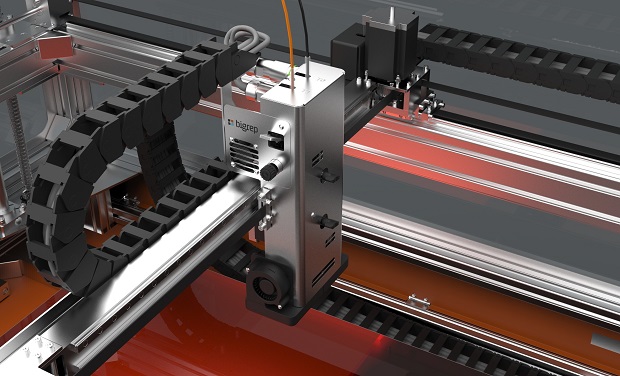
As technology improves and develops, there have been several cases of lawsuits being filed in the courts, as well as certain political developments regarding the regulation of the 3D printing industry. Our recently published book 3D Printing and Beyond explores some of the major developments in IC and 3D printing. In particular, it analyzes the issues of 3D printing in relation to areas such as copyright law, trademark law, patent law, and trade secrets (as well as some of the broader issues related to the regulation of 3D printing). In addition, the book highlights the use of open licensing mechanisms in the field of 3D printing.
3D printing and copyright law
A few years ago, there was a panic that the widespread use of 3D printing would lead to a wave of large-scale infringements of authors' rights, similar to the situation that arose with the advent of the Napster file-sharing network . Although such fears have not yet materialized, there have been various conflicts related to copyright and 3D printing.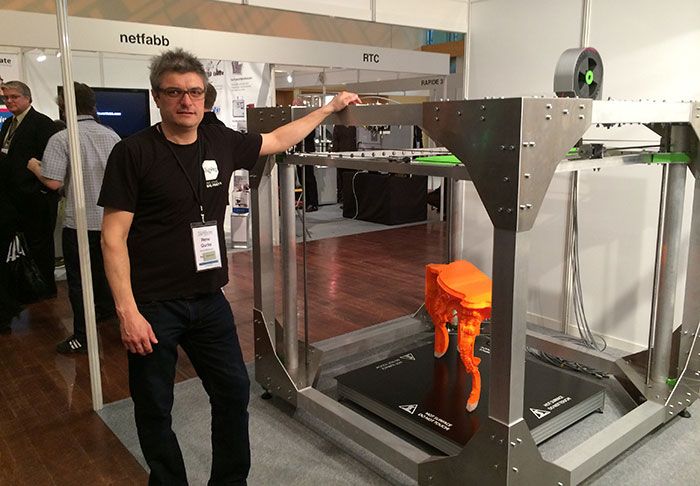 For example, Augustana College (United States) objected to 3D scanning of Michelangelo's statues, even though they were not subject to copyright protection and were clearly in the public domain. The American cable television network HBO has blocked the sale of an iPhone stand in the form of an "iron throne" from the TV series "Game of Thrones", made according to the drawings of designer Fernando Sosa using 3D printing. United States singer-songwriter Katy Perry has demanded a ban on the sale of a 3D-printed "shark on the left" figure by the same designer (nevertheless, this product subsequently reappeared in the Shapeways 3D Printing Systems catalog). The heirs of the French-American artist Marcel Duchamp opposed the production of a 3D-printed set of chess pieces based on the works of this artist.
For example, Augustana College (United States) objected to 3D scanning of Michelangelo's statues, even though they were not subject to copyright protection and were clearly in the public domain. The American cable television network HBO has blocked the sale of an iPhone stand in the form of an "iron throne" from the TV series "Game of Thrones", made according to the drawings of designer Fernando Sosa using 3D printing. United States singer-songwriter Katy Perry has demanded a ban on the sale of a 3D-printed "shark on the left" figure by the same designer (nevertheless, this product subsequently reappeared in the Shapeways 3D Printing Systems catalog). The heirs of the French-American artist Marcel Duchamp opposed the production of a 3D-printed set of chess pieces based on the works of this artist.
3D printing was also subject to the on-demand removal of content under the Digital Millennium Copyright Act (USA). Shapeways and a number of other 3D printing firms have raised concerns about the implications of this regime for online platforms and 3D printing intermediaries.
Shapeways and a number of other 3D printing firms have raised concerns about the implications of this regime for online platforms and 3D printing intermediaries.
In addition, discussions took place on issues related to the use of technical protection measures in the context of copyright law and 3D printing. For example, the US Copyright Office has confirmed a limited technical protection exception for 3D printing stocks.
3D printing and design law
Developments in 3D printing have also raised the issue of product repair rights.
Efforts have been made across the European Union to recognize the right to repair in order to support consumer rights and develop a circular economy. In this regard, one of the important factors in achieving changes in the behavior of companies and consumers has become the European Greening Directive (Directive 2009/125/EC).
In July 2019, the United States Federal Trade Commission held a Hearing on "Can't be Repaired: A Workshop on Product Repair Restrictions.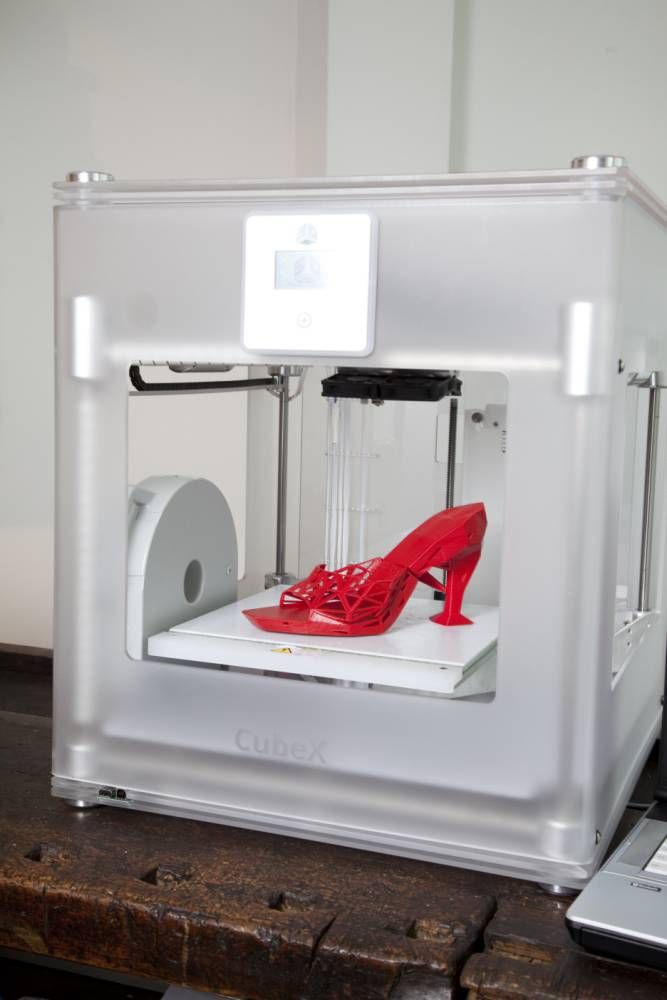 " Significant differences remain between IP owners and right-to-repair advocates in the United States. Presidential candidate Elizabeth Warren has called for legislation to secure the right to repair for the benefit of farmers in the agricultural regions of the United States.
" Significant differences remain between IP owners and right-to-repair advocates in the United States. Presidential candidate Elizabeth Warren has called for legislation to secure the right to repair for the benefit of farmers in the agricultural regions of the United States.
Significant and first-of-its-kind litigation in Australia regarding right to repair under Design Law ( GM Global Technology Operations LLC v S . . - S - Auto Parts Pty Ltd [2019] FCA 97). The Australian Treasury is considering policy options regarding the practice of sharing vehicle repair information.
Australian Capital Territory (ACT) Consumer Affairs Minister Shane Rettenbury called for recognition of the right to repair from the rostrum of the Consumer Affairs Forum, which includes ministers from both Australia and New Zealand. Federal Minister Michael Succar asked the Australian Productivity Commission to look into the matter.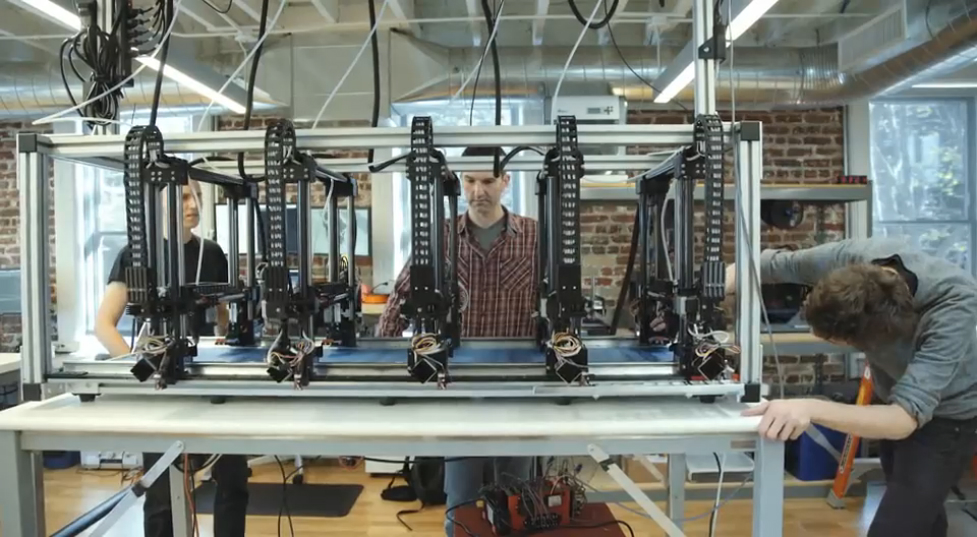
Calls for right-to-repair laws, both at the provincial and federal levels, are also being heard in Canada. As Laura Tribe, Executive Director of Open Media, noted in this regard, “We are committed to ensuring that people have the opportunity to be the real owners of the products they own.”
3D printing and trademark law
3D printing also brings uncertainty to trademark law and related legal regimes, including product substitution, identity rights, commercial use of characters, and trade dress. The legal conflict surrounding Katy Perry's trademark application for the "shark on the left" image provides some insight into some of the issues that arise in this regard.
Regarding bioprinting, Advanced Solutions Life Sciences sued Biobots Inc. Due to the alleged violation of its trademark rights ( Advanced Solutions Life Sciences , LLC V BIOBIOTS Inc 15 May 201111111111111. Advanced Solutions Life Sciences owns and uses the registered trademark Bioassemblybot for 3D bioprinting and tissue growth.
Advanced Solutions Life Sciences owns and uses the registered trademark Bioassemblybot for 3D bioprinting and tissue growth.
3D Printing and Patent Law
According to the 2015 WIPO Global Intellectual Property Report, Revolutionary Innovation and Economic Growth, 3D printing patent applications are on the rise. Some industrial 3D printing companies, including 3D Systems and Stratasys, have managed to build large 3D printing patent portfolios. Large industrial companies, including GE and Siemens, have also accumulated significant patent assets in 3D printing and additive manufacturing. Information technology companies, including Hewlett Packard and Autodesk, also play an important role in the 3D printing industry.
With the growing commercial importance of 3D printing in the manufacturing industry, there have been a significant number of litigations related to 3D printing of metal products. In July 2018, as part of the “Desktop Metal Inc.” v. Markforged, Inc. and Matiu Parangi (2018 Case No.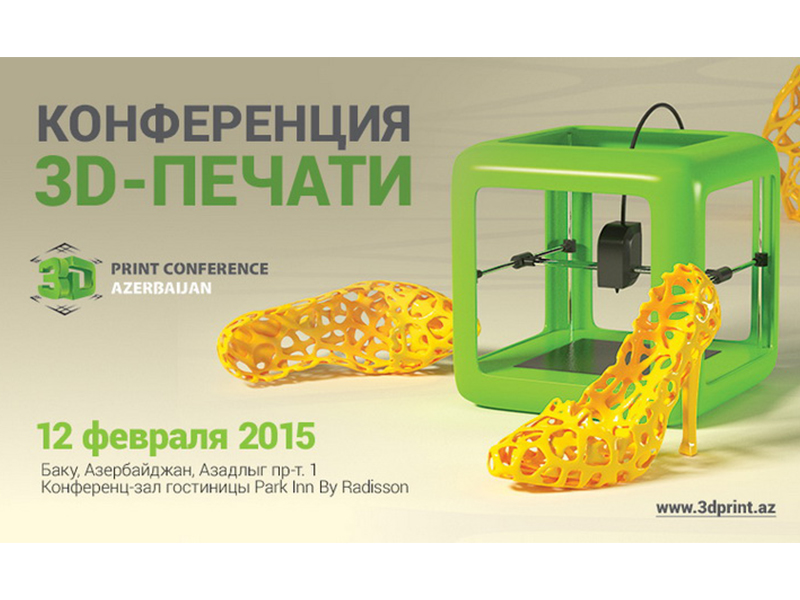 1:18-CV-10524), a federal jury found that Markforged Inc. did not infringe two patents owned by rival Desktop Metal Inc. (See Desktop Metal Inc. v. Markforged, Inc. and Matiu Parangi (2018) 2018 WL 4007724 (Massachusetts District Court, jury verdict). In this regard, the CEO of Markforged Inc. .” Greg Mark stated, “We are pleased with the jury's verdict that we have not infringed patents and that Metal X technology, which is the latest addition to the Markforged 3D printing platform, is based on our own Markforged's proprietary designs." For its part, a spokesman for Desktop Metal noted that it was "satisfied that the jury recognized the validity of all claims in both Desktop Metal patents, which were discussed in a lawsuit against the company "Markforged"
1:18-CV-10524), a federal jury found that Markforged Inc. did not infringe two patents owned by rival Desktop Metal Inc. (See Desktop Metal Inc. v. Markforged, Inc. and Matiu Parangi (2018) 2018 WL 4007724 (Massachusetts District Court, jury verdict). In this regard, the CEO of Markforged Inc. .” Greg Mark stated, “We are pleased with the jury's verdict that we have not infringed patents and that Metal X technology, which is the latest addition to the Markforged 3D printing platform, is based on our own Markforged's proprietary designs." For its part, a spokesman for Desktop Metal noted that it was "satisfied that the jury recognized the validity of all claims in both Desktop Metal patents, which were discussed in a lawsuit against the company "Markforged"
In 2018 (after the above verdict) Desktop Metal Inc. and Markforged Inc. entered into a confidential financial agreement that settled all other litigation between them. However, in 2019 Markforged Inc. filed another lawsuit against Desktop Metal Inc.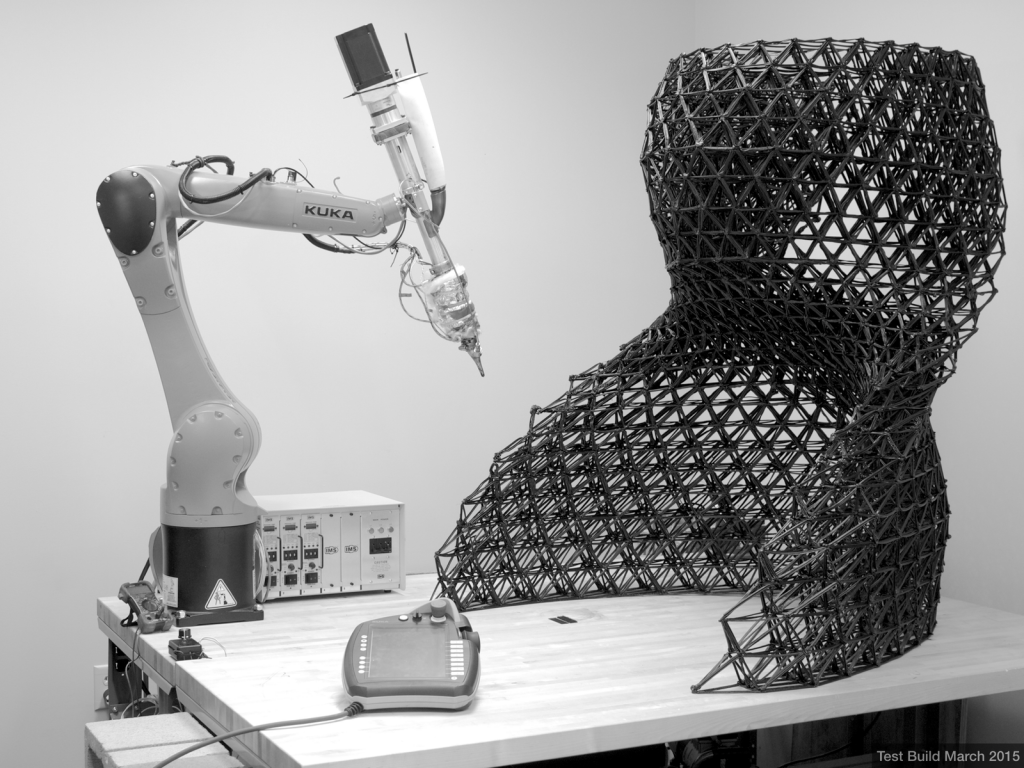 due to the fact that, according to her, the latter violated that part of the agreement, which concerned non-disclosure of negative information.
due to the fact that, according to her, the latter violated that part of the agreement, which concerned non-disclosure of negative information.
3D printing and trade secrets
In addition, the first litigation regarding 3D printing and trade secret legislation took place. In 2016, Florida-based 3D printing startup Magic Leap filed a lawsuit in federal court for the Northern District of California against two of its former employees for misappropriation of trade secret information within the meaning of Trade Secret Protection Act (“ Magic Leap Inc ." v Bradski et al (2017) case no. 5:16-cvb-02852). In early 2017, a judge granted the defendants' request to stay the case, stating that Magic Leap had failed to provide "a reasonable degree of specificity" to the disclosure of alleged trade secrets. Subsequently, the judge allowed Magic Leap to amend the text of its submission. In August 2017, the parties entered into a “confidential agreement” in connection with this issue.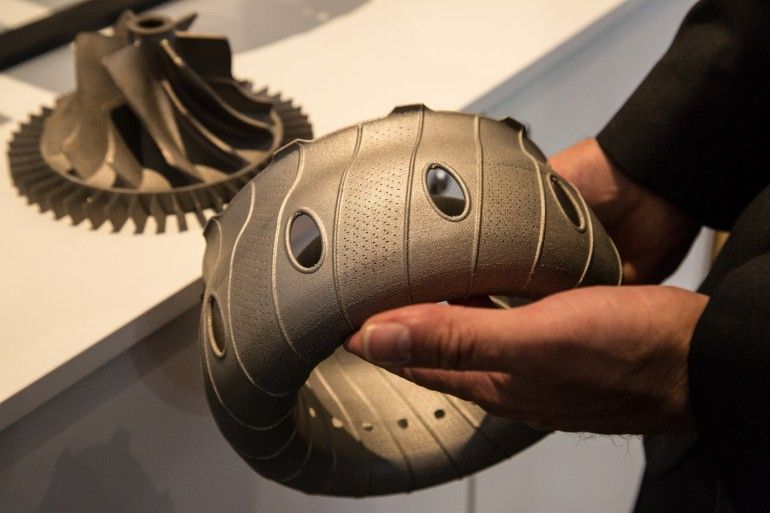 In 2019Mafic Leap sued the founder of Nreal for breach of contract, fraud, and unfair competition (Magic Leap Inc. v. Xu, 19-cv-03445, U.S. District Court for the Northern District of California (San Francisco)).
In 2019Mafic Leap sued the founder of Nreal for breach of contract, fraud, and unfair competition (Magic Leap Inc. v. Xu, 19-cv-03445, U.S. District Court for the Northern District of California (San Francisco)).
3D printing and open licensing
In addition to proprietary IP protections, 3D printing has a widespread practice of open licensing. Companies with a free distribution philosophy include Prusa Research (Czech Republic), Shapeways (Netherlands-US) and Ultimaker (Netherlands). Members of the Craft Movement used open licensing mechanisms to share and distribute 3D printing files. As noted in The State of the Commons 2017, the Thingiverse platform was one of the most popular platforms using Creative Commons licenses.
Other issues arising from the development of 3D printing
In addition to IP issues, the development of 3D printing also raises a number of other legal, ethical and regulatory issues. In healthcare, regulators have faced challenges with personalized medicine. The United States Food and Drug Administration and the Australian Health Products Administration held consultations on the development of a balanced set of regulations for medical 3D printing and bioprinting. The European Parliament has adopted a resolution calling for a comprehensive approach to the regulation of 3D printing.
In healthcare, regulators have faced challenges with personalized medicine. The United States Food and Drug Administration and the Australian Health Products Administration held consultations on the development of a balanced set of regulations for medical 3D printing and bioprinting. The European Parliament has adopted a resolution calling for a comprehensive approach to the regulation of 3D printing.
Litigation regarding 3D printing of firearms is also ongoing in the United States. Several state attorneys general have sued the current administration to obstruct an agreement between the federal government and Defense Distributed. Several criminal cases have been filed in Australia, the United Kingdom, the United States and Japan in connection with attempts to 3D print firearms. Legislators are debating the feasibility of criminalizing crimes related to possession of digital blueprints for 3D printed firearms.
Footnotes
* Dr. Matthew Rimmer is Head of the KTU Research Program on Intellectual Property Law and Innovation and is involved in the KTU Research Center for Electronic Media, the KTU Australian Health Law Research Center and the KTU Research Program in International Law and global governance.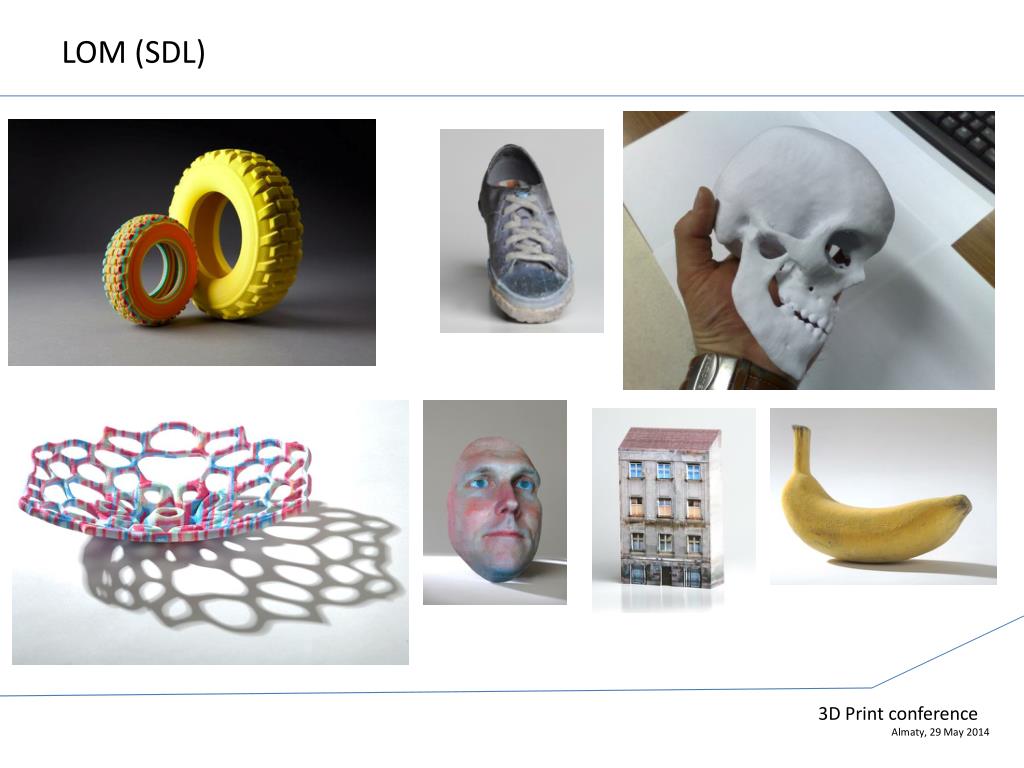 In addition, he is a Senior Research Fellow at the Australian IP and 3D Printing Research Council Innovation Project. Dr. Rimmer is the author of numerous publications on copyright and information technology, patent law and biotechnology, access to medicines, anonymous packaging of tobacco products, IP and climate change, and IP of indigenous peoples. His current research interests include IP, Creative Industries and 3D Printing; IP and Public Health; and IP and Trade, including the Trans-Pacific Partnership, the Transatlantic Trade and Investment Partnership and the Agreement on Trade in Services. His work is held in the SSRN Abstracts and Bepress Selected Works archives and funded by the Australian Research Council.
In addition, he is a Senior Research Fellow at the Australian IP and 3D Printing Research Council Innovation Project. Dr. Rimmer is the author of numerous publications on copyright and information technology, patent law and biotechnology, access to medicines, anonymous packaging of tobacco products, IP and climate change, and IP of indigenous peoples. His current research interests include IP, Creative Industries and 3D Printing; IP and Public Health; and IP and Trade, including the Trans-Pacific Partnership, the Transatlantic Trade and Investment Partnership and the Agreement on Trade in Services. His work is held in the SSRN Abstracts and Bepress Selected Works archives and funded by the Australian Research Council.
Related Links
- Read more about 3D printing and IP Litigation
User agreement | 3D printing studio
1. GENERAL
1.1. This User Agreement (hereinafter referred to as the Agreement) applies to the 3d-pechat-spb.ru website located at http://3d-pechat-spb. ru.
ru.
1.2. The site "3d-pechat-spb.ru" (hereinafter referred to as the Site) is the property of a legal entity (IE Nazarov E.V.)
1.3. This Agreement governs the relationship between the Administration of the site "3d-pechat-spb.ru" (hereinafter referred to as the Site Administration) and the User of this Site.
1.4. The site administration reserves the right to change, add or remove clauses of this Agreement at any time without notifying the User.
1.5. The use of the Site by the User means acceptance of the Agreement and the changes made to this Agreement.
1.6. The User is personally responsible for checking this Agreement for changes in it.
2. DEFINITIONS OF TERMS
2.1. The following terms have the following meanings for the purposes of this Agreement:
2.1.1 "3d-pechat-spb.ru" - an Internet resource located on the domain name http://3d-pechat-spb.ru, operating through the Internet resource and related services (hereinafter referred to as the Site) .
2.1.2. "3d-pechat-spb.ru" - a site containing information about the Goods and / or Services and / or Other values \u200b\u200bfor the user, the Seller and / or the Service Provider, which allows you to select, order and (or) purchase the Goods, and / or receiving a service.
2.1.3. Site Administration - authorized employees to manage the Site, acting on behalf of the legal entity IP Nazarov Evgeny Vyacheslavovich.
2.1.4. Site User (hereinafter referred to as the User) is a person who has access to the Site via the Internet and uses the Site.
2.1.5. Website content (hereinafter referred to as Content) - protected results of intellectual activity, including texts of literary works, their titles, prefaces, annotations, articles, illustrations, covers, musical works with or without text, graphic, textual, photographic, derivative, composite and other works, user interfaces, visual interfaces, trademark names, logos, computer programs,
databases, as well as the design, structure, selection, coordination, appearance, general style and arrangement of this Content, which is part of the Site and other intellectual property items, collectively and / or separately, contained on the site http://3d- print-spb.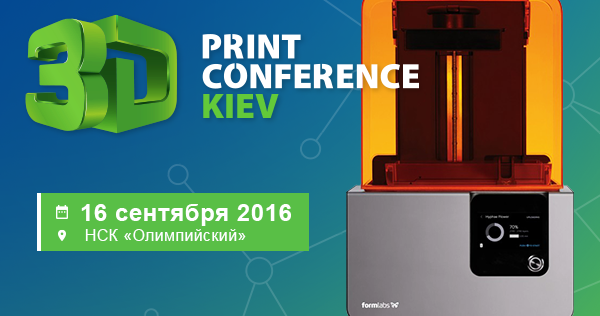 ru.
ru.
3. SUBJECT OF THE AGREEMENT
3.1. The subject of this Agreement is to provide the User with access to the Goods and/or services provided on the Site.
3.1.1. The site provides the User with the following types of services (services):
- access to electronic content on a paid basis, with the right to purchase (download),
- view content;
- access to search and site navigation tools;
- providing the User with the opportunity to post messages, comments,
- reviews of Users, to rate the content of the site;
- access to information about the Goods and / or service to information about the purchase of the Goods on a paid / free basis;
3.1.2. This Agreement covers all currently existing (actually functioning) services (services) of the Site, as well as any of their subsequent modifications and additional services (services) that appear in the future.
3.2. Access to the site is provided free of charge.
3.3. This Agreement is a public offer. By accessing the Site, the User is considered to have acceded to this Agreement.
3.4. The use of materials and services of the Site is governed by the norms of the current legislation of the Russian Federation
4. RIGHTS AND OBLIGATIONS OF THE PARTIES
4.1. The site administration has the right to:
4.1.1. Change the rules for using the Site, as well as change the content of this Site. The changes come into force from the moment the new version of the Agreement is published on the Site.
4.1.2. Delete user accounts.
4.1.3. Deny registration without explanation.
4.2. The user has the right to:
4.2.1. Use all the services available on the Site, as well as purchase any Goods and / or Services offered on the Site.
4.2.2. Ask any questions related to the services of the site:
- by phone: +7 (812) 649-18-29
- by e-mail: [email protected]
- through the Feedback Form located at : http://3d-print-spb.
 ru/contact/
ru/contact/
4.2.3. Use the Site solely for the purposes and in the manner provided for by the Agreement and not prohibited by the legislation of the Russian Federation.
4.2.4. Copying information from the Site is permitted.
4.2.5. Require the administration to hide any information about the user.
4.2.6. Use the information of the site for commercial purposes without special permission.
4.2.7. Access to use the Site after meeting the registration requirements.
4.3. The User of the Site undertakes:
4.3.1. Provide, at the request of the Site Administration, additional information that is directly related to the services provided by this Site.
4.3.2. Observe the property and non-property rights of authors and other copyright holders when using the Site.
4.3.3. Do not take actions that may be considered as disrupting the normal operation of the Site.
4.3.4. Do not distribute using the Site any confidential and protected by the legislation of the Russian Federation information about individuals or legal entities.
4.3.5. Avoid any actions that may violate the confidentiality of information protected by the legislation of the Russian Federation.
4.3.6. Do not use the Site to distribute information of an advertising nature, except with the consent of the Site Administration.
4.3.7. Do not use services for the purpose:
4.3.7.1. violation of the rights of minors and (or) harm to them in any form.
4.3.7.2. infringement of the rights of minorities.
4.3.7.3. impersonating another person or representative of an organization and (or) community without sufficient rights, including employees of this site.
4.3.7.4. misleading about the properties and characteristics of any Goods and / or services posted on the Site.
4.3.7.5. incorrect comparison of the Goods and / or Services, as well as the formation of a negative attitude towards persons (not) using certain Goods and / or services, or condemnation of such persons.
4.3.7.6. uploading content that is illegal, violates any rights of third parties; promotes violence, cruelty, hatred and (or) discrimination on racial, national, sexual, religious, social grounds; contains false information and (or) insults to specific individuals, organizations, authorities.
4.3.7.7. inducement to commit unlawful acts, as well as assistance to persons whose actions are aimed at violating restrictions and prohibitions in force on the territory of the Russian Federation.
4.3.8. Ensure the accuracy of the information provided
4.3.9. Ensure the safety of personal data from access by third parties.
4.3.10. Update the Personal Data provided during registration if it changes.
4.4. The user is prohibited from:
4.4.1. Use any devices, programs, procedures, algorithms and methods, automatic devices or equivalent manual processes to access, acquire, copy or monitor the content of the Site.
4.4.2. Disrupt the proper functioning of the Site.
4.4.3. To bypass the navigation structure of the Site in any way to obtain or attempt to obtain any information, documents or materials by any means that are not specifically provided by the services of this Site.
4.4.4. Unauthorized access to the functions of the Site, any other systems or networks related to this Site, as well as to any services offered on the Site.
4.4.4. Violate the security or authentication system on the Site or any network associated with the Site.
4.4.5. Perform a reverse search, track or attempt to track any information about any other User of the Site.
4.4.6. Use the Site and its Content for any purpose prohibited by the laws of the Russian Federation, as well as incite any illegal activity or other activity that violates the rights of the Site or other persons.
5. USE OF THE SITE
5.1. The Site and the Content included in the Site are owned and operated by the Site Administration.
5.2. The content of the Site is protected by copyright, trademark law, as well as other rights related to intellectual property and unfair competition law.
5.3. The purchase of the Goods offered on the Site may require the creation of a User account.
5.4. The User is personally responsible for maintaining the confidentiality of the account information, including the password, as well as for all activities without exception that are conducted on behalf of the Account User.
5.5. The user must immediately notify the Site Administration of the unauthorized use of his account or password or any other breach of the security system.
5.6. The site administration has the right to unilaterally cancel the User's account if it has not been used for more than 36 calendar months in a row without notifying the User.
5.7. This Agreement applies to all additional terms and conditions for the purchase of the Goods and / or the provision of services provided on the Site.
5.8. Information posted on the Site should not be construed as a change to this Agreement.
5.9. The Site Administration has the right to make changes to the list of Goods and Services offered on the Site and (or) their prices at any time without notifying the User.
5.10. The document specified in clause 5.11.1 of this Agreement regulates in the relevant part and extends its effect to the use of the Site by the User:
5.11.1. Privacy policy:
https://152fz.rf/get_prv/7e59a5c839787437dd1c53847edc1da8;
5. 12. Any of the documents listed in paragraph 5.11.1. this Agreement may be subject to updates. Changes come into force from the moment they are published on the Site.
12. Any of the documents listed in paragraph 5.11.1. this Agreement may be subject to updates. Changes come into force from the moment they are published on the Site.
6. LIABILITY
6.1. Any losses that the User may incur in the event of intentional or careless violation of any provision of this Agreement, as well as due to unauthorized access to communications of another User, are not reimbursed by the Site Administration.
6.2. The site administration is not responsible for:
6.2.1. Delays or failures in the process of performing a transaction due to force majeure, as well as any case of malfunctions in telecommunications, computer, electrical and other related systems.
6.2.2. Actions of transfer systems, banks, payment systems and for delays associated with their work.
6.2.3. Proper functioning of the Site, if the User does not have the necessary technical means for its use, and also does not bear any obligations to provide users with such means.
7.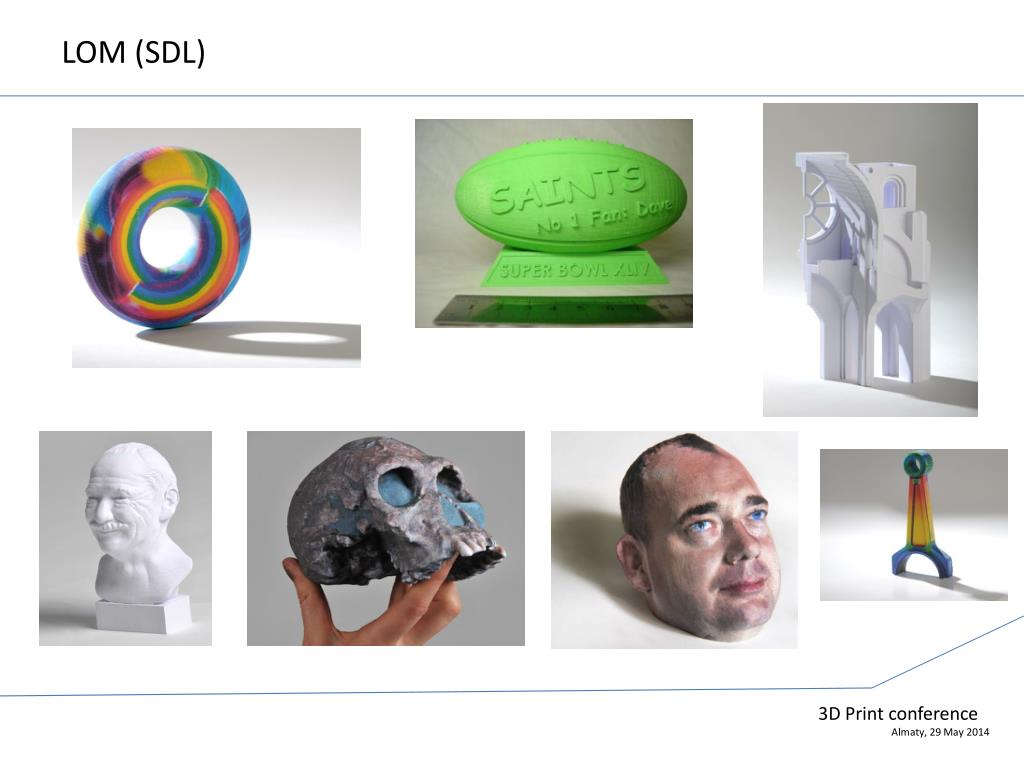 VIOLATION OF THE TERMS OF THE USER AGREEMENT
VIOLATION OF THE TERMS OF THE USER AGREEMENT
7.1. The site administration has the right to disclose information about the User if the current legislation of the Russian Federation requires or permits such disclosure.
7.2. The Site Administration has the right, without prior notice to the User, to terminate and (or) block access to the Site if the User has violated this Agreement or the terms of use of the Site contained in other documents, as well as in the event of termination of the Site or due to a technical malfunction or problem.
7.3. The Site Administration is not liable to the User or third parties for termination of access to the Site in case of violation by the User of any provision of this Agreement or other document containing the terms of use of the Site.
8. DISPUTES RESOLUTION
8.1. In the event of any disagreements or disputes between the Parties to this Agreement, a prerequisite before going to court is the filing of a claim (a written proposal for a voluntary settlement of the dispute).



